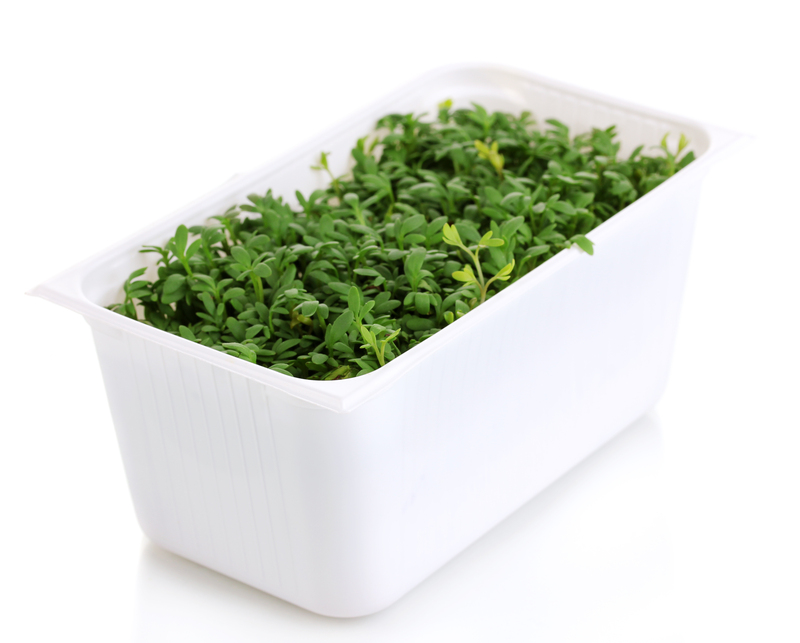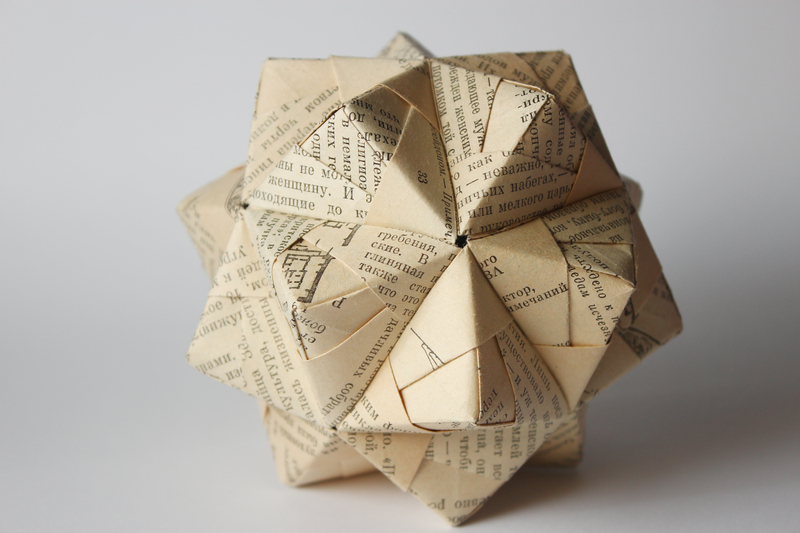Green Solutions for Disposing and Recycling Cookware
Cookware is an essential component of every kitchen, playing a pivotal role in meal preparation around the world. However, over time, pots, pans, and other kitchen utensils can become worn out, damaged, or simply outdated. Making eco-friendly decisions when it's time to dispose of old cookware is vital for protecting our planet. This comprehensive guide will explore green solutions for disposing and recycling cookware, providing insights into sustainable practices, recycling options, and innovative eco-conscious alternatives.

Why Eco-Friendly Cookware Disposal Matters
Millions of tons of household items, including discarded cookware, end up in landfills every year. Unlike food waste, cookware made from metals, non-stick coatings, ceramics, or plastics can persist in the environment for centuries, potentially leaching harmful chemicals. By choosing green disposal solutions, you help conserve natural resources, minimize environmental impact, and reduce landfill waste.
The Environmental Impact of Improper Disposal
- Non-stick pans may contain chemicals like PFAS, which are persistent in the environment.
- Aluminum, stainless steel, and copper cookware can be recycled but often isn't.
- Broken ceramics do not biodegrade and can contaminate soil and water.
- Plastic cookware releases microplastics if burned or broken down incorrectly.
Identifying Cookware Materials for Disposal and Recycling
Different cookware materials require unique disposal and recycling strategies. Before beginning the recycling process, it's crucial to identify your cookware's primary material:
- Stainless steel cookware
- Aluminum pots and pans
- Copper cookware
- Cast iron pans
- Ceramic and glass cookware
- Non-stick pans (Teflon or ceramic coating)
- Plastic bakeware or utensils
Once you identify the type, check if it's accepted by your local recycling centers or donation programs. For mixed materials, separate components when possible.
Green Solutions for Cookware Disposal and Recycling
1. Cookware Recycling Options
Recycling cookware is the most sustainable way to reduce your kitchen's carbon footprint. Here are some cookware recycling tips based on the material:
Stainless Steel, Aluminum, Copper, and Cast Iron
Metal cookware is highly recyclable but usually not accepted in curbside bins. Instead:- Scrap metal recycling centers: Locate your nearest scrap yard or recycling facility and ask about their requirements. Remove non-metal components like plastic handles or lids before dropping them off.
- Municipal recycling days: Many towns offer periodic bulk or metal recycling events.
- Recycling through retailers: Some kitchenware brands and stores accept old cookware for recycling when you purchase new products.
Non-Stick and Teflon-Coated Cookware
Non-stick pans present special challenges due to chemical coatings. Do not place Teflon or PTFE-coated cookware in regular recycling. Instead:
- Contact the manufacturer: A few companies have take-back programs for non-stick cookware.
- Check for local hazardous waste collections: Some regions accept these items during special disposal events.
- Remove non-stick coatings (if possible) before taking to a metal recycler, though this may not be practical for most households.
Ceramic and Glass Cookware
- Check with your local recycling program: Most do NOT accept ceramics or glass bakeware because they melt at different temperatures than standard glass.
- Specialized recycling centers: Some construction material recyclers accept ceramics for road base or aggregate.
- Re-use or upcycle: Old ceramic dishes make excellent planters or mosaic art materials.
Plastic Utensils and Bakeware
Check the recycling number on your plastic items. If accepted:
- Rinse and clean thoroughly before recycling.
- Take to participating centers or retailers if curbside options are unavailable.
2. Donation and Reuse: Extending the Life of Cookware
If your cookware is still functional, consider giving it a second life. Donation and upcycling are excellent green solutions for cookware disposal.
- Charity shops: Many thrift and charity stores accept gently used pots, pans, and utensils.
- Local shelters: Women's shelters, food banks, and homeless centers often welcome donations.
- Community swap groups: Facebook Marketplace, Freecycle, or neighborhood swap events are ideal places to re-home unwanted kitchen items.
*Before donating, ensure cookware is clean and in safe working condition.*
Upcycling Ideas for Old Cookware
- Turn cast iron pans or pots into rustic planters or bird baths.
- Use colorful ceramic dishes as garden mosaics or decorative display dishes.
- Transform metal lids into unique wall art or clocks.
- Repurpose a muffin tin as an office organizer or jewelry holder.
Innovative Eco-Friendly Cookware Alternatives
The Rise of Sustainable Cookware Manufacturing
As consumers become more eco-conscious, many brands now produce sustainable cookware using recycled materials and non-toxic coatings. Investing in such products not only reduces environmental impact but also supports green innovation.
- Recycled aluminum pans: Lightweight, durable, and made from post-consumer materials.
- Stainless steel and cast iron: Long-lasting and fully recyclable at end of life.
- Ceramic-coated pans: Free from hazardous chemicals like PFAS, PFOA, and PTFE.
- Bamboo utensils: Biodegradable and compostable.
Buy Less, Choose Better Quality
Quality cookware can last decades. By choosing premium, durable items, you decrease the frequency of replacement and subsequent waste.
Tip: Look for lifetime warranties from reputable brands.
How to Reduce, Reuse, and Recycle Cookware Responsibly
Smart Practices for Eco-Friendly Kitchens
- Care for Your Cookware: Follow manufacturer guidelines for cleaning and maintenance to prolong the life of your pots and pans.
- Mindful Purchasing: Avoid impulse buying. Select versatile, high-quality items instead of cheap, single-purpose tools.
- Repair When Possible: Fix loose handles or re-season cast iron pans instead of discarding them.
- Participate in Take-Back Programs: Ask retailers if they have a take-back or recycling initiative.
The Role of Manufacturers and Policy Makers
Large kitchenware manufacturers are increasingly being held accountable for the environmental impact of their products. Some now offer *extended producer responsibility (EPR)* programs, accepting cookware for recycling or refurbishing. Additionally, government policies may soon require better labeling, support closed-loop recycling, and fund local recycling infrastructure.
Advocate for Greener Solutions
- Choose brands committed to sustainability.
- Contact your city council to advocate for wider recycling options.
- Request proper recycling or disposal guidelines with new cookware purchases.

Frequently Asked Questions About Disposing and Recycling Cookware
Can I put old pots and pans in the recycling bin?
Usually, you cannot place metal cookware in household recycling bins, as they're not processed by standard municipal facilities. Take them to a scrap metal recycling center or inquire about local collection events.
Are non-stick pans recyclable?
Only plain metal pots and pans can be recycled easily. Non-stick pans require special treatment due to their chemical coatings. Contact the manufacturer or local hazardous waste disposal programs for guidance.
What about broken glass or ceramic cookware?
These items typically cannot be recycled with glass bottles or jars, as their composition differs. Some facilities accept ceramics for construction materials or recommend safe disposal in landfill if recycling isn't possible.
What should I do with plastic utensils?
If they display a recycling symbol and number, check if your facility accepts them. Otherwise, consider creative upcycling or donation before disposing of them.
Conclusion: Make Your Kitchen More Sustainable
Adopting green solutions for disposing and recycling cookware is a meaningful step towards a more sustainable lifestyle. From recycling metals responsibly to upcycling old pans or choosing eco-friendly products, every decision counts. Together, we can reduce landfill waste and make a positive impact on our environment--one pan at a time.
Share this article and spread awareness about sustainable ways to deal with unwanted cookware. Every kitchen can become a hub of eco-conscious change!